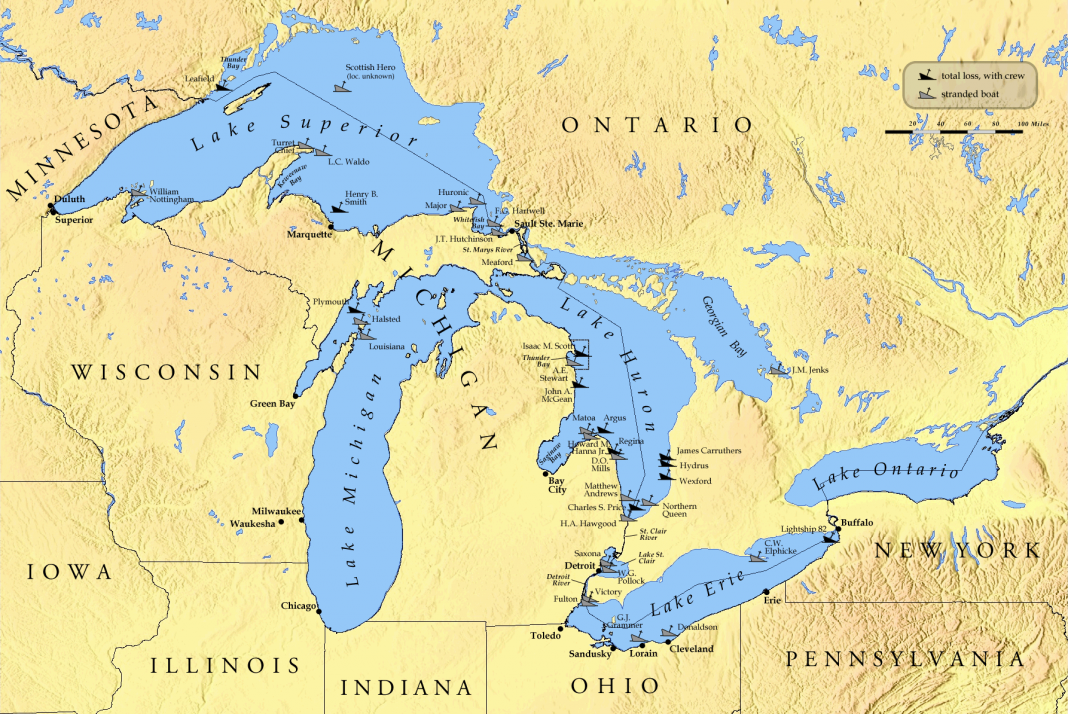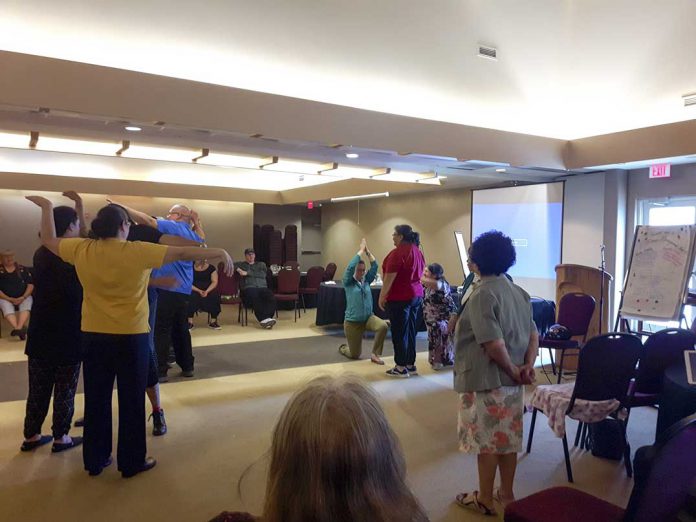MADISON, WI—A legal challenge to Wisconsin’s approval of a seven million gallon per day Great Lakes water diversion to supply a Foxconn industrial complex moved a step forward this week when Wisconsin Department of Natural Resources (DNR) notified Midwest Environmental Advocates that its request for a contested case hearing had been granted, according to a press release from the Midwest Environmental Advocates. The contested diversion would send seven million gallons of water each day from Lake Michigan to an industrial site in Racine, Wisconsin and out of the Great Lakes Basin, against the spirit of the Great Lakes Compact.
The DNR will soon be forwarding the case to the Division of Hearings and Appeals where a judge will be assigned to oversee the proceedings.
“The DNR’s decision to grant our petitioners’ request is welcome news,” stated Midwest Environmental Advocates attorney, Jodi Habush Sinykin, in the press release, “and it comes at a time of renewed support around the region for a strong Great Lakes Compact, whose core principles are honored in keeping with the letter and spirit of the agreement.”
On May 25, Midwest Environmental Advocates filed a legal action on behalf of petitioners, Milwaukee Riverkeeper, League of Women Voters of Wisconsin, River Alliance of Wisconsin and Minnesota Center for Environmental Advocacy, to challenge the Wisconsin DNR’s approval of the City of Racine’s request to divert Lake Michigan water to supply the Foxconn facility, which will use the proposed facility to make LED screens. According to the petition, the DNR ignored a key Great Lakes Compact (a legally binding interstate compact among the U.S. states of Illinois, Indiana, Michigan, Minnesota, New York, Ohio, Pennsylvania and Wisconsin to implement the Great Lakes-St. Lawrence River Basin Water Agreement which includes the Canadian Provinces Ontario and Quebec) requirement that any water diverted outside the Great Lakes basin must serve a public purpose, defined in the agreement as “serving a group of largely residential customers.” As stated in the petition, the seven million gallons per day of diverted water requested by Racine will be provided to one private industrial user, Foxconn, rather to than a group of households.
“We determined it vital to challenge Wisconsin’s approval of the diversion requested for Foxconn,” said Jimmy Parra, staff attorney for Midwest Environmental Advocates, “because Wisconsin DNR’s interpretation of public water supply purposes, if not corrected, creates a glaring loophole that opens our region to a potential onslaught of diversions to other private entities, jeopardizing the intent and integrity of the Great Lakes Compact.”
“It’s not right for one state to redefine the rules for the Great Lakes Compact without input from all states and provinces co-managing the largest freshwater resource on the planet,” stated Kathryn Hoffman, CEO of Minnesota Center for Environmental Advocacy, in a press release.
It appears that more states agree, as evidenced by letters and recent resolutions by other Great Lakes states and communities, including New York and Illinois, the press release continues. Since the legal challenge’s filing in May, citizens and organizations throughout the basin have contacted the petitioner groups, asking how they can help defend the Compact’s standards on diversions. The League of Women Voters of the Lake Michigan Region has formally approved active participation in working to protect the Compact from the dangerous loophole created in the Racine diversion approval.
The formal support from the League of Women Voters within the Great Lakes states of Illinois, Indiana and Michigan is an indicator of the broad public concern about future diversions if Wisconsin’s Foxconn Loophole is allowed to stand, observed Louise Petering, director of League of Women Voters, Wisconsin. “Protecting public rights protects public waters,” said Ms. Petering in the press release. “President G.W. Bush signed the Compact into law in 2008, codifying standards developed over many years with participation from a large and diverse number of people. The WDNR must be held to the requirements in this historic law that specifically addressed the rights of future generations to water resources and economic opportunities.”




